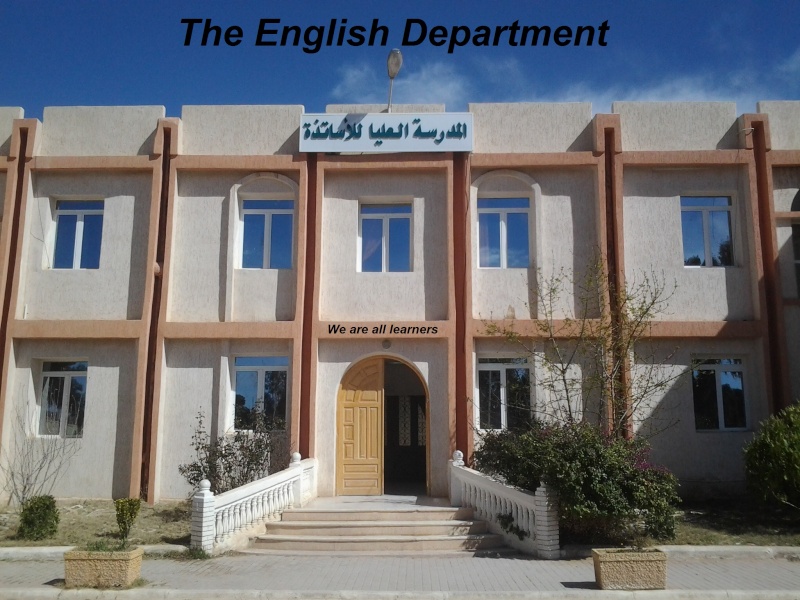language register
Page 1 of 1
 language register
language register
Language Registers:
There are five language registers or styles. Each level has an appropriate use that is determined by differing situations. It would certainly be inappropriate to use language and vocabulary reserve for a boyfriend or girlfriend when speaking in the classroom. Thus the appropriate language register depends upon the audience (who), the topic (what), purpose (why) and location (where).
You must control the use of language registers in order to enjoy success in every aspect and situation you encounter.
1. Static Register
This style of communications RARELY or NEVER changes. It is “frozen” in time and content. e.g. the Pledge of Allegiance, the Lord’s Prayer, the Preamble to the US Constitution, the Alma Mater, a bibliographic reference, laws .
2. Formal Register
This language is used in formal settings and is one-way in nature. This use of language usually follows a commonly accepted format. It is usually impersonal and formal. A common format for this register are speeches. e.g. sermons, rhetorical statements and questions, speeches, pronouncements made by judges, announcements.
3.Consultative Register
This is a standard form of communications. Users engage in a mutually accepted structure of communications. It is formal and societal expectations accompany the users of this speech. It is professional discourse. e.g. when strangers meet, communications between a superior and a subordinate, doctor & patient, lawyer & client, lawyer & judge, teacher & student, counselor & client,
4. Casual Register
This is informal language used by peers and friends. Slang, vulgarities and colloquialisms are normal. This is “group” language. One must be member to engage in this register. e.g. buddies, teammates, chats and emails, and blogs, and letters to friends.
5. Intimate Register
This communications is private. It is reserved for close family members or intimate people. e.g. husband & wife, boyfriend & girlfriend, siblings, parent & children.
There are five language registers or styles. Each level has an appropriate use that is determined by differing situations. It would certainly be inappropriate to use language and vocabulary reserve for a boyfriend or girlfriend when speaking in the classroom. Thus the appropriate language register depends upon the audience (who), the topic (what), purpose (why) and location (where).
You must control the use of language registers in order to enjoy success in every aspect and situation you encounter.
1. Static Register
This style of communications RARELY or NEVER changes. It is “frozen” in time and content. e.g. the Pledge of Allegiance, the Lord’s Prayer, the Preamble to the US Constitution, the Alma Mater, a bibliographic reference, laws .
2. Formal Register
This language is used in formal settings and is one-way in nature. This use of language usually follows a commonly accepted format. It is usually impersonal and formal. A common format for this register are speeches. e.g. sermons, rhetorical statements and questions, speeches, pronouncements made by judges, announcements.
3.Consultative Register
This is a standard form of communications. Users engage in a mutually accepted structure of communications. It is formal and societal expectations accompany the users of this speech. It is professional discourse. e.g. when strangers meet, communications between a superior and a subordinate, doctor & patient, lawyer & client, lawyer & judge, teacher & student, counselor & client,
4. Casual Register
This is informal language used by peers and friends. Slang, vulgarities and colloquialisms are normal. This is “group” language. One must be member to engage in this register. e.g. buddies, teammates, chats and emails, and blogs, and letters to friends.
5. Intimate Register
This communications is private. It is reserved for close family members or intimate people. e.g. husband & wife, boyfriend & girlfriend, siblings, parent & children.

pass*word- Posts : 222
Join date : 2011-01-07
 Similar topics
Similar topics» Origins of Language
» STRUCTURALISM AND SOME LANGUAGE LEVELS OF ANALYSIS
» Body Language, Allan Pease
» The Most Commonly Misspelled Words in the English Language
» STRUCTURALISM AND SOME LANGUAGE LEVELS OF ANALYSIS
» Body Language, Allan Pease
» The Most Commonly Misspelled Words in the English Language
Page 1 of 1
Permissions in this forum:
You cannot reply to topics in this forum|
|
|
